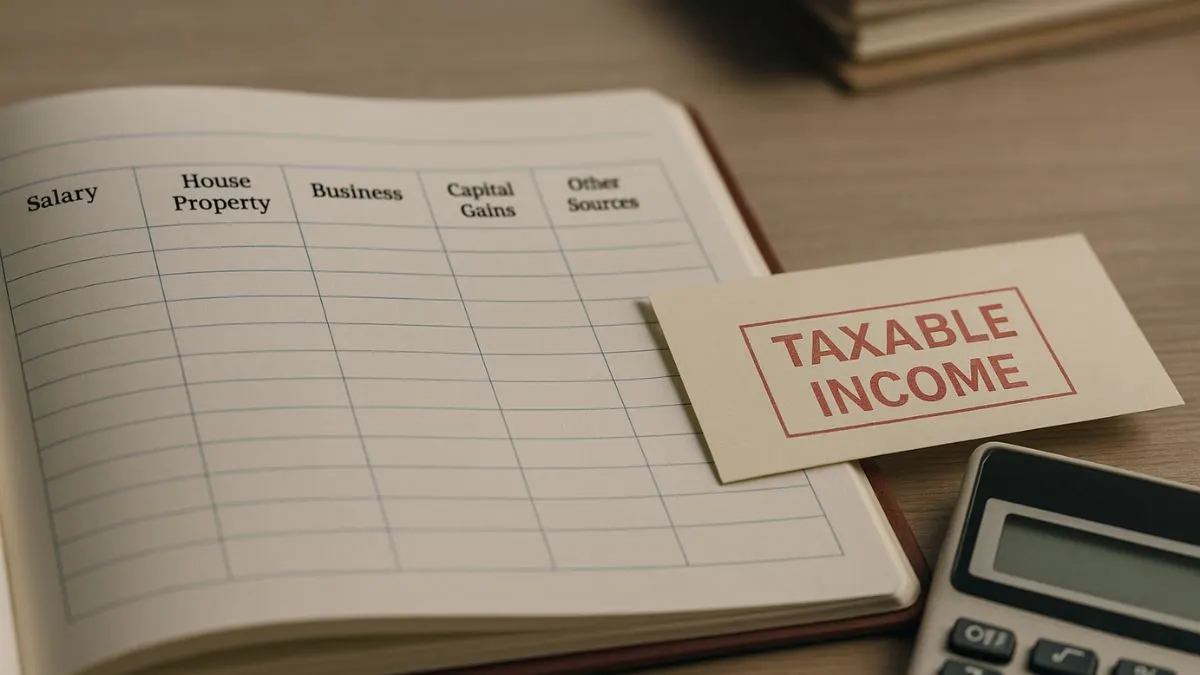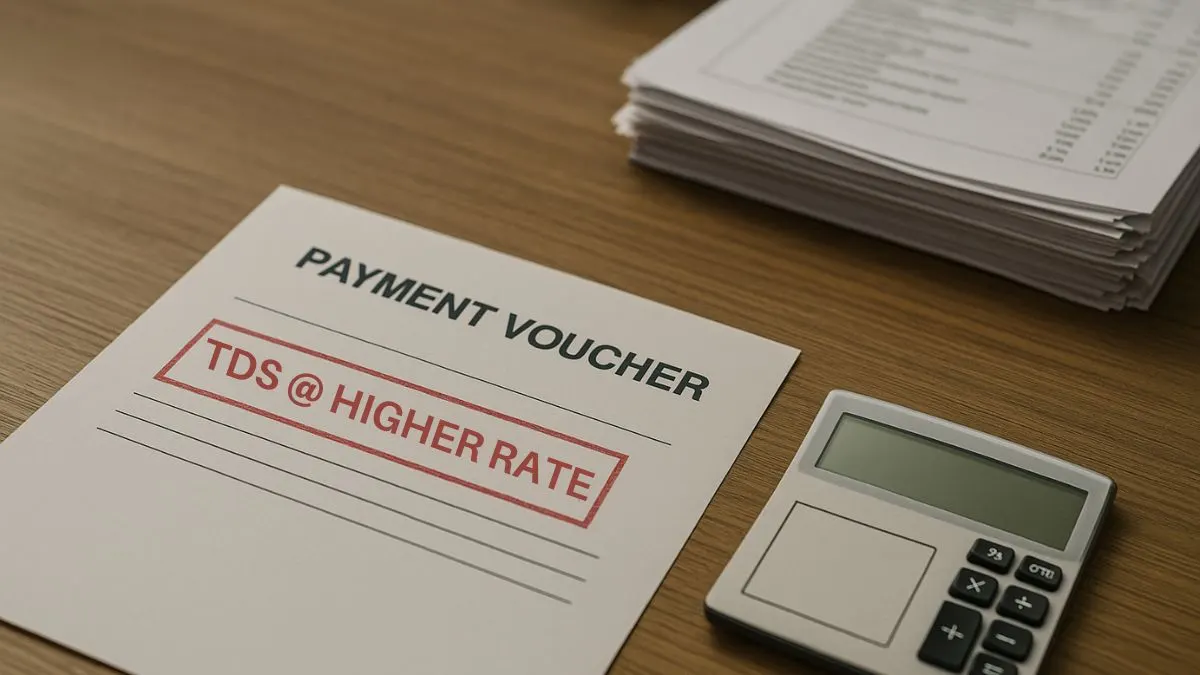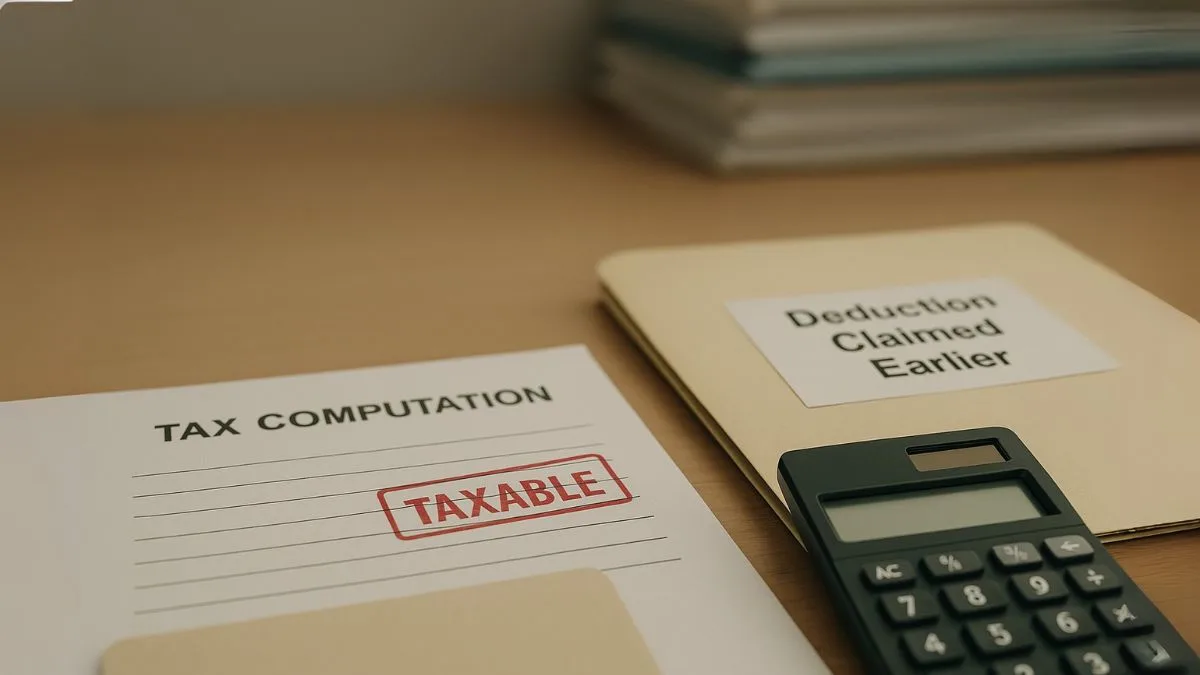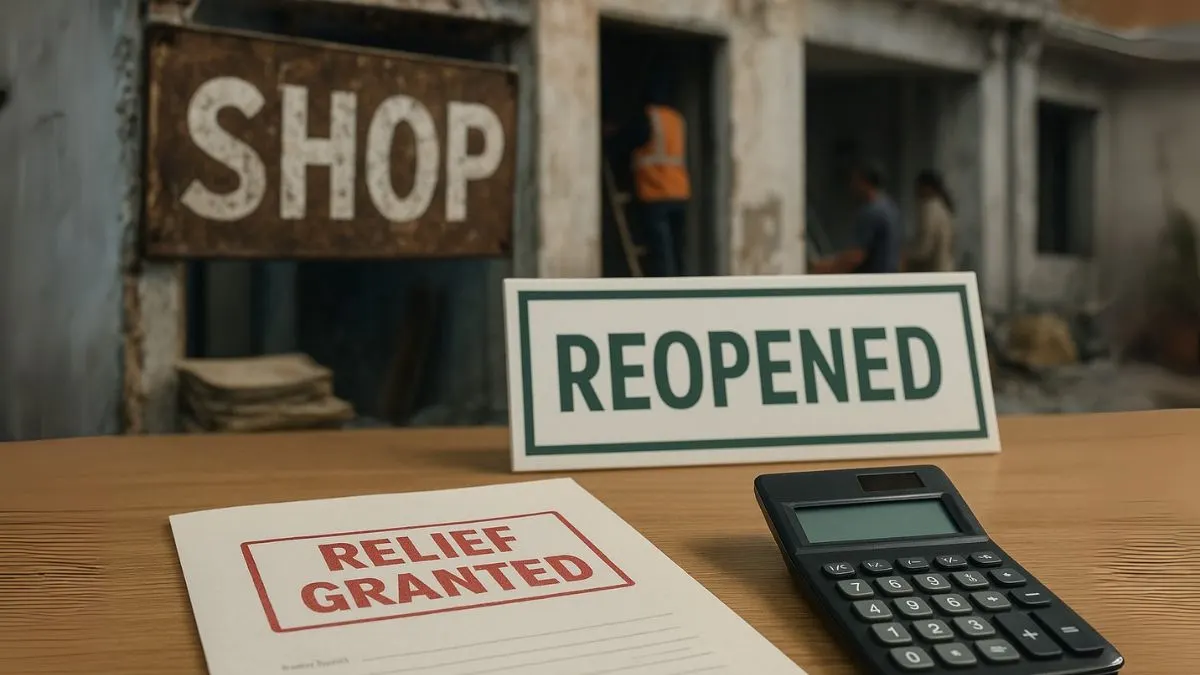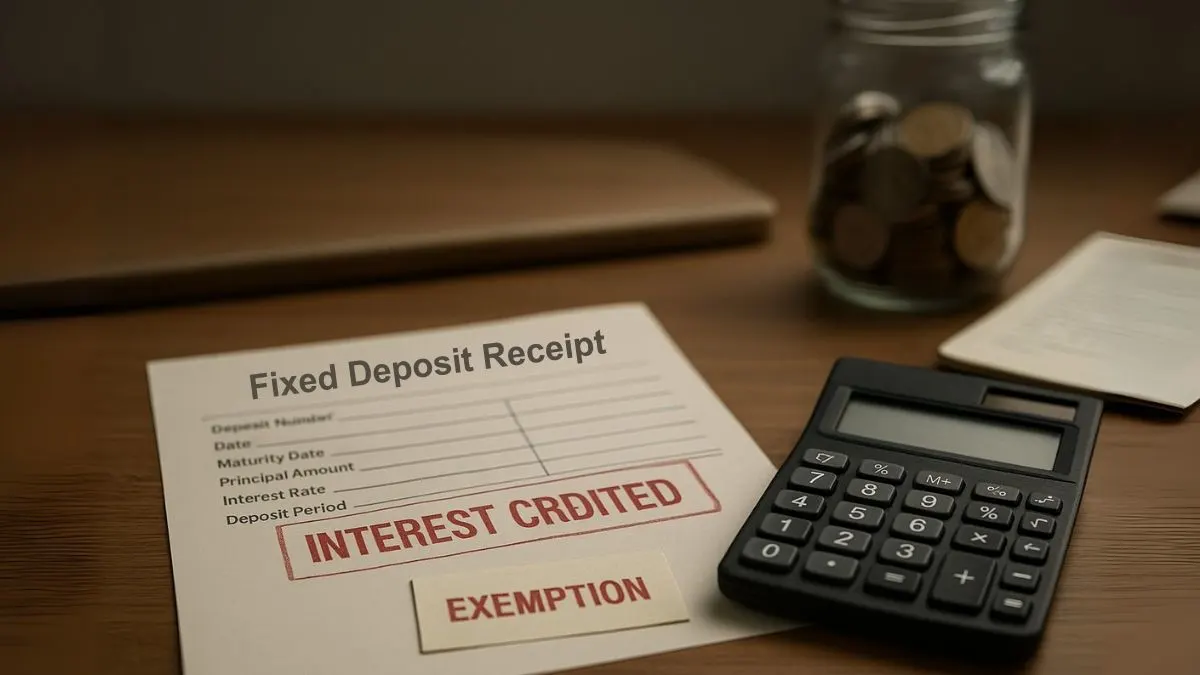
Disasters—whether natural or man-made—often bring loss of life, property, and livelihood. In such circumstances, governments, relief agencies, and institutions provide financial aid to affected individuals & families. But the question arises: should such compensation be taxed like ordinary income? To address this, the Income Tax Act, 1961 introduced Section 10(10BC), which provides tax exemption on compensation received on account of disasters.
As of 2025, this section remains a critical provision ensuring relief payments reach beneficiaries fully, without tax deductions eating into them. This article explores the meaning, scope, eligibility, & practical implications of Section 10(10BC of the Income Tax Act) in detail.
What is Section 10(10BC) of the Income Tax Act?
Section 10(10BC) of the Income Tax Act states that any compensation received or receivable on account of any disaster is exempt from tax.
Key aspects include:
- This exemption applies when compensation is provided by the Central or State Government, or any authority established by law.
- The compensation should relate to loss of life, property, or livelihood due to a disaster."
- The intention is to provide full relief without taxing such payments.
Thus, Section 10(10BC) ensures that when disaster strikes, victims do not face further burdens through tax liability on relief funds.
Also Read: Tax-Free Allowances for Work-Related Expenses
Types of Compensation Covered
The provision covers a broad range of disaster-related payments:
- Natural Disasters – floods, cyclones, earthquakes, landslides, or drought.
- Man-Made Disasters – industrial accidents, chemical leaks, & large-scale fires.
- Government Relief Packages – financial aid schemes announced for affected families.
- Compensation from Authorities – where institutions are empowered by law to provide aid.
In each of these cases, exemption towards compensation received on account of any disaster applies, ensuring recipients are not penalized through taxation.
Exemption on Remuneration Received Against a Disaster
An important nuance is the exemption on the remuneration received against a disaster. Sometimes, individuals are compensated not just for loss of property but also for temporary loss of income or livelihood.
For example:
- A farmer compensated for crop damage.
- A worker compensated for loss of wages due to a factory fire.
Such payments are fully exempt under Section 10(10BC), provided they meet the conditions laid down by the law.
Conditions and Limitations under Section 10(10BC)
While the exemption is generous, certain conditions apply:
- The exemption does not apply to payments covered by insurance companies, as those follow separate tax rules.
- The compensation should not be capitalized into business accounts unless specified."
- Any misuse, such as claiming artificial compensation, may invite scrutiny from the Income Tax Department.
These rules ensure genuine victims benefit while misuse is curtailed.
Also Read: Tax-Free Benefits from Provident Funds and Sukanya Samriddhi Account
Practical Example (2025)
Suppose Mr. Sharma, a shop owner, receives ₹5 lakh as disaster relief from the State Government after his shop is destroyed in a flood.
- Normally, such a lump sum might qualify as income.
- Under Section 10(10BC), this ₹5 lakh is fully exempt from tax.
- Mr. Sharma need not include this in his taxable income while filing returns for AY 2025–26.
This illustrates the direct & practical benefit of this provision.
Types of Income Not Taxable in India – Where Section 10(10BC) Fits
There are several types of income that are not taxable in India, and Section 10(10BC) is one of them. Others include:
- Agricultural income under Section 10(1).
- Certain allowances under Section 10(14).
- Incomes of charitable trusts or notified institutions.
In this broader framework, Section 10(10BC) specifically addresses disaster-related compensation.
Compliance Tips
For individuals receiving disaster compensation:
- Keep official letters or documents proving the source of compensation."
- Ensure the payment is from the government or a legally established authority.
- Do not include the exempt amount as taxable income in your ITR, but consider disclosing it under exempt income for transparency.
These steps ensure smooth compliance & prevent unnecessary notices.
Also Read: Exemption for Scheduled Tribes in India
Conclusion
Section 10(10BC) of the Income Tax Act provides a vital relief by exempting from tax any compensation received on account of disasters. Whether it is exemption towards compensation received on account of any disaster, or exemption on the remuneration received against a disaster, the law ensures affected individuals receive full benefit of relief packages.
This section, alongside other exemptions like Sukanya Samriddhi Yojana income tax section, Section 86, Section 10(46a), and Section 15H, highlights the humane side of taxation—where fairness, relief, & economic stability are prioritized.
👉 Received compensation due to a natural disaster or accident? Want to confirm if it qualifies for exemption under Section 10(10BC)? Let experts guide you—visit Callmyca.com for personalized tax support.

